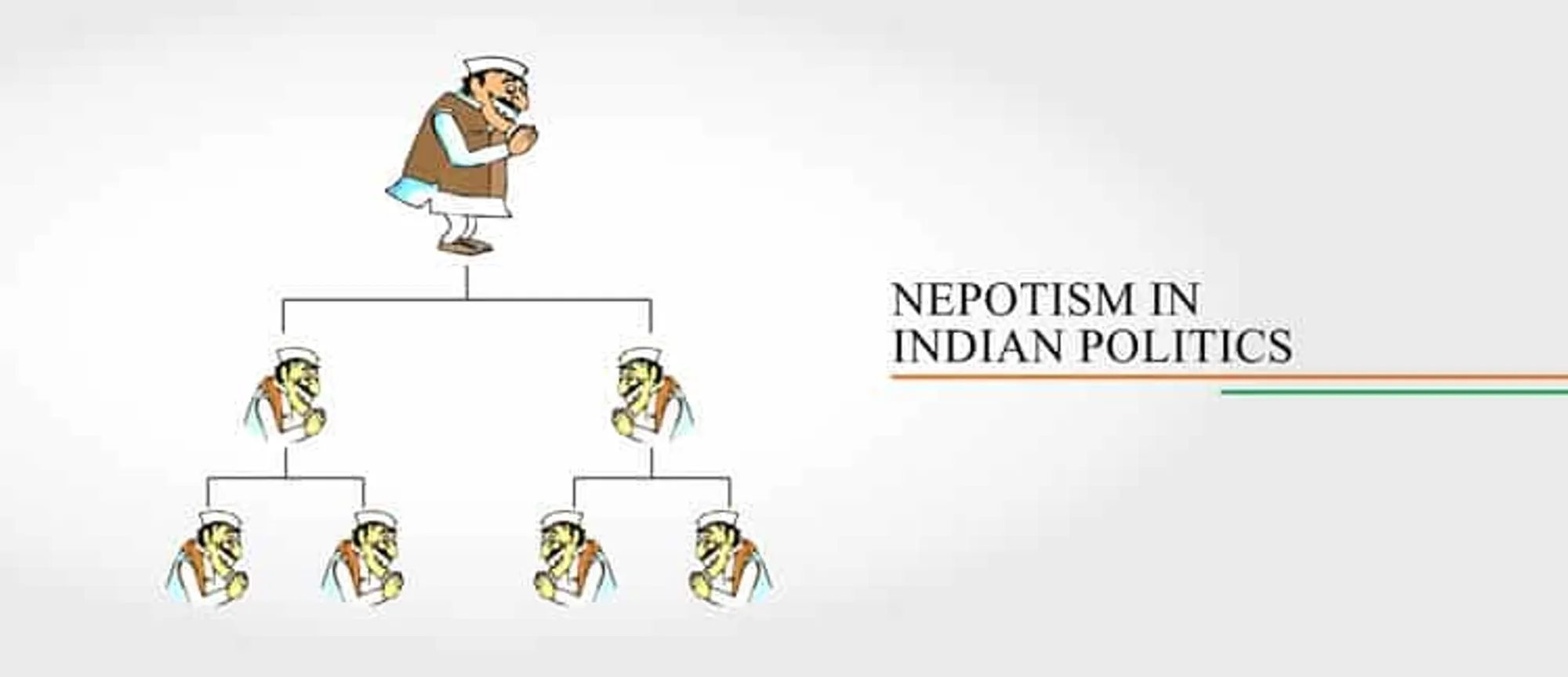The seed of nepotism has been a blatant commonality in Indian Politics; the major parties have planted it into the political fabric of our country and these family cartels are now seen as the runners of the show. The primary products of this are the political parties that have controlled the developmental reins of the country. Ironically enough, while reservation for the backward classes is ridiculed at every nook and cranny, the eugenically provided reservation in politics is often ignored. The caste system, though having ended years ago, finds its remains in the current political succession system, as the fathers/uncles occupation (considering the “slightly” male concentric profession it has been) is followed into by their kith and kin. Rahul Gandhi, a byproduct of the very phenomenon, acknowledging it at an interview stated that since his family was into politics it was relatively easier for him to get into the same profession as well. While not trying to question their ability to govern, it is necessary that a few examples of familial politics be stated. The Congress is the first example that comes to our mind when we think of family ties in politics. We also have Ram Vilas Paswaan and his son and even Mulayam Singh Yadav and his kin.
Currently, 2/3rd of the MP’s under the age of forty belong to political families. There are also certain “hyperhereditary” MP’s and 19 of them belong to the Congress party. This basically means that they have multiple connections in the political field that will help them establish themselves. When one thinks of nepotism, it comes in close connection with corruption, however; it is evident that they are not the same thing. Nepotism is the subtlest form of corruption and while nobody would want to admit it, it floats in their very hallways.
It is visible that we are slowly moving towards the French conclusion of how it is going to be: apart from voting on the basis of caste and religious identities, the people are now being made available with the option of voting on the basis of familial nomenclature, and that indeed is not a good governance to have.

